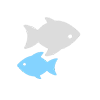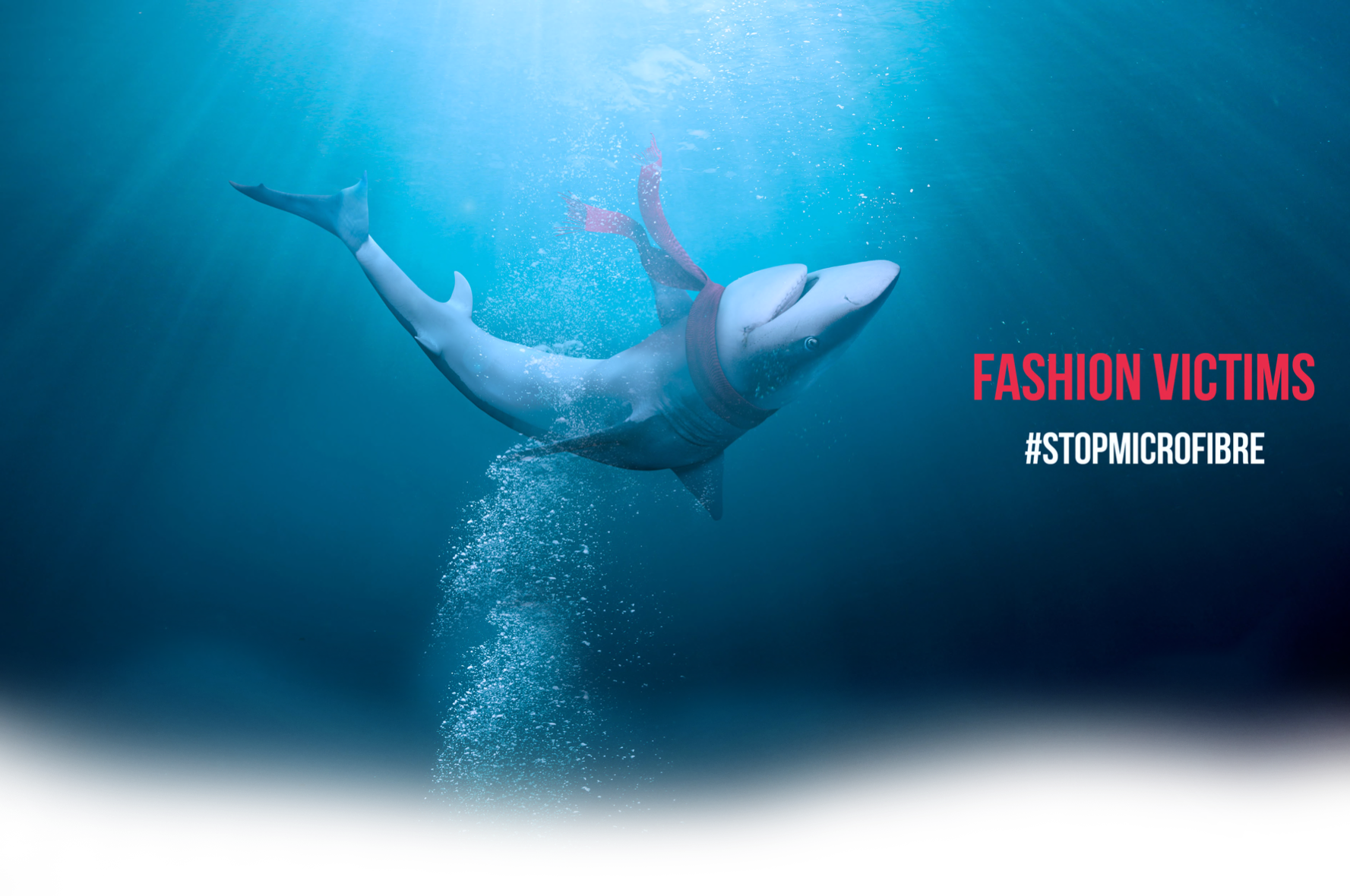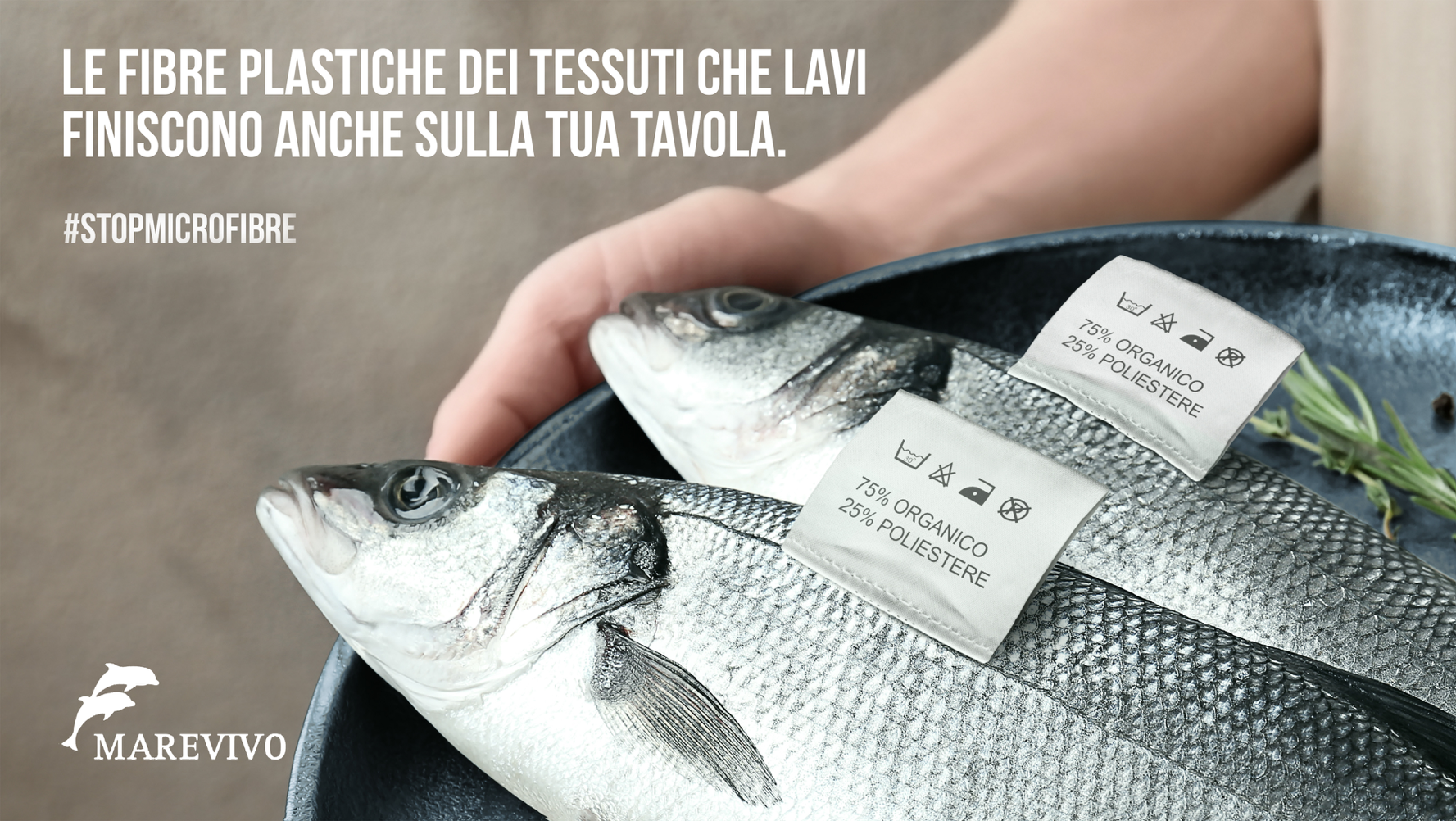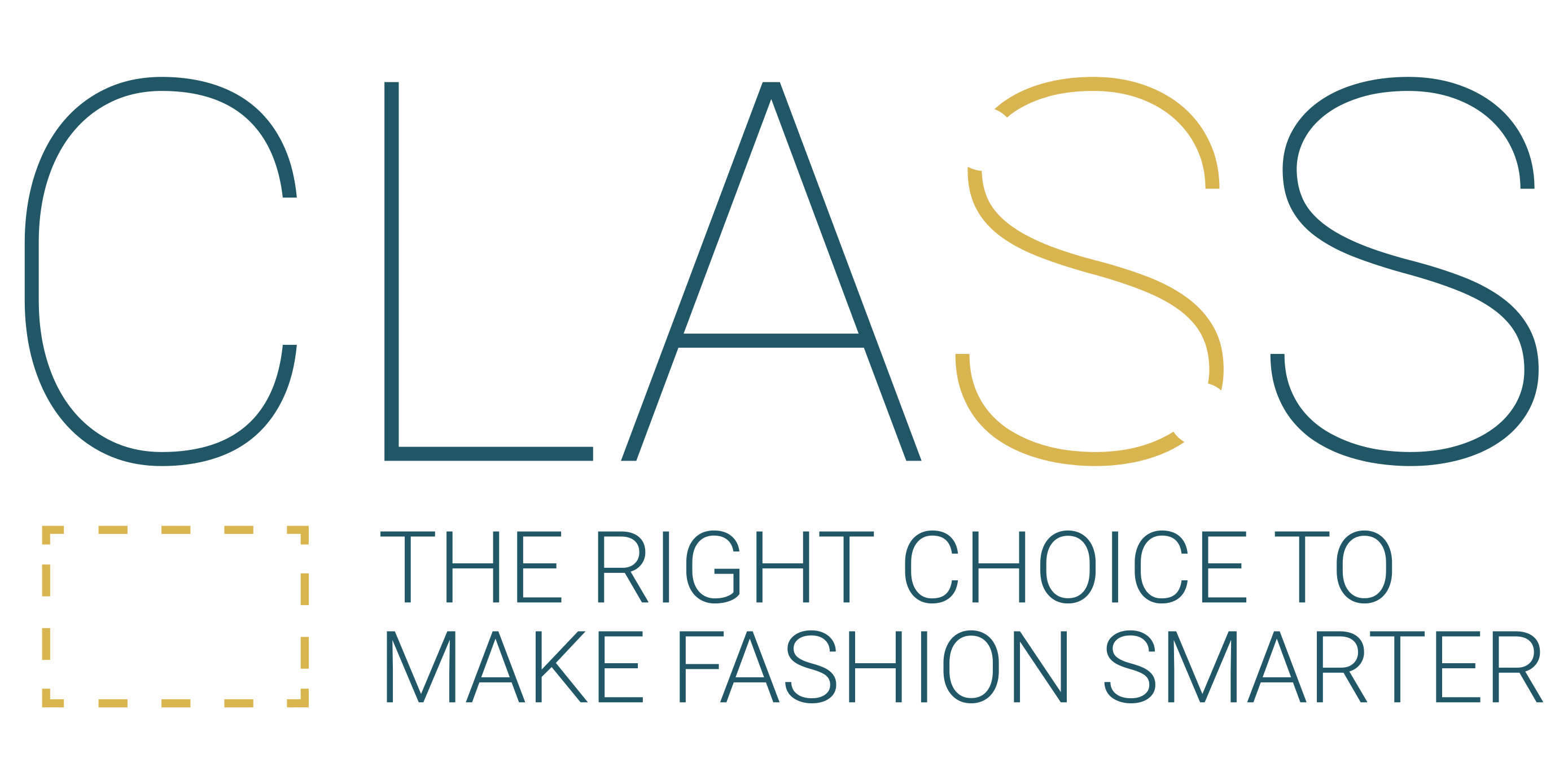The campaign has been conceived to raise public awareness on the problem of marine pollution from microfibers.
Clothes washing is the main cause of the presence of microfibers in the sea.
The problem

What happens when we wash our clothes?
The washing represents one of main reason behind the presence of natural and synthetic microfibers in the sea. These invisible molecules spread everywhere: every year half a million tons of microfibers are discharged into the oceans: an amount comparable to 50 billion plastic bottles. In fact, at each machine washing, these particles are released into the sea causing tremendous damage to the ecosystem and the marine life.

The composition of synthetic fabrics
64% of the fibres produced are made of synthetic materials such as: polyester, nylon, acrylic and polyamide. A research done by the University of Plymouth, in the United Kingdom, has analyzed what occurs, during one year, when synthetic materials are washed at different temperatures, between 30 and 40 degrees, using different types of detergents.

40% of microfibers end up into the sea
According to a recent study by the ‘International Union for the Conservation of Nature’, microfibers from synthetic fabrics are the most dangerous as they represent 35% of primary microplastics (that are not formed from the decomposition of waste) and that end up in the sea.
40% of these are not properly filtered by the washing machines nor recovery water purification systems, ending up in the sea.

Acrylic fibre is one of the most dangerous
Acrylic is five times worst compared to cotton-polyester blend fabric. This is what emerged from the study “Evaluation of microplastic release caused by textile washing processes of synthetic fabrics” De Falco, F., Et al., Published on Environmental Pollution (2017) according to which a single 5 kg load of polyester material produces between 6 and 17.7 million Microfibers!

Microfibers and Fashion
Microfibers are naturally released from all fabrics but especially from polyester, polyamide and polypropylene ones. These yarns are considered very trendy because they are cheap, durable and easy going.
Nonetheless, the production and washing of these fashionable garments is a risk for the marine ecosystem because it means introducing huge quantities of synthetic microfibers into the environment!

A big threat to
marine life
Indeed microfibers are now part of filtering organisms such as mussels and oysters, but can be found even in the stomach of fish and seabirds, in sediments, table salt and in bottled water. A recent research from the University of Marche found that the amount of microfibers ingested by marine animals is almost double that of microplastic
These molecules enter the food chain accumulating in the digestive systems of animals, even reducing their ability to absorb the food. Once they enter the marine ecosystem, in fact, these micro-fragments fibers begin to absorb polluting and toxic substances that are then ingested by the organisms mistaken for food
A threat to
human health
Micro-particles assemble in the tissues of marine animals at a steady rate. They go up the food chain (bioaccumulation or biomagnification) until potentially reaching humans. According to a study by the Australian University of Newcastle, each of us eats an average of 5 grams of microplastics / microfibers per week. We are not yet sure about all the dangerous impact this has on human health, however, it is known that they have negative effects on the respiratory, immune and endocrine systems. It is also certain that humans ingest microfibers through food, water, air and clothes.
What can
each one of us can do?
What does Marevivo recommend
Petition
Marevivo together with Giovanni Schneider (CEO of Lanificio Schneider) in 2019 launched a petition to propose to put a label on clothes indicating not only the percentage of synthetic and natural fibers contained, but also some kind of advice on how to wash the fabric in a more sustainable way.
The aim is to reduce water pollution caused by microfibers released by washing machines and protect the marine ecosystem from any further kind of danger.
The petition collected more than 100,000 signatures. An amendment has been proposed to include it in the ‘Salvamare Law’ that is currently being discussed by the Parliament.
International Campain "Only One"
Stopmicrofibre on board Palinuro in Venice
The international campaign “Only One: One Planet, One Ocean, One Health,” launched by Marevivo, the Italian Navy (Marina Militare), and the Dohrn Foundation and supported by Beko, has landed in Venice. The campaign aims to raise awareness among institutions and the general public about the ecological transition. It coincided with a significant Institutional Conference, promoted by Beko, to shed light on the microfiber pollution emergency. The conference featured the participation of prominent institutional and academic figures, as well as sustainability leaders, to address the issue and outline potential solutions. During the conference, guests had the opportunity to visit the traveling exhibition hosted on board the Palinuro.
Event in collaboration with the ‘Costume & Fashion Academy of Rome’
#StopMicrofibers: for a competitive and sustainable textile industry
On July the 3rd 2019 Marevivo organized a meeting, in collaboration with the ‘Accademia of Costume & Fashion in Rome’, and with the patronage of the ‘Minister of the Environment and of the Protection of the Territory and the Sea’, involving important performers of the Italian fashion chain. This assembly aims at raising awareness companies of textile industries and fashion creators need to invest in research and innovation for more sustainable fabrics that release less microfibers at each washing whilst washing machine producers should manufacture more efficient filtering systems, facing in this way the problem of ‘fast fashion’ and making the labeling of clothing containing over 50% of synthetic fibers mandatory.
Cinema that has been dedicated to the sea thanks to #Stopmicrofibers Campaign
Marevivo at the 2019 Venice film festival
The #StopMicrofibre campaign for the protection of the sea has shown up at the Film Festival held in Venice. During this event, time has been also dedicated to the #StopSingleUsePlastic (SUP) Campaign with the projection of the video “There is no more room to give a damn” raising awareness against SUP’s. The Marevivo spot has been directed by Virginia Taroni, interpreted by Maria Mantero and Guido Taroni, and produced by Andy Bianchedi and by the communication agency Parini Associati.
We are C.L.A.S.S. friends for sustainability in the fashion world.
We even work with stakeholders against greenwashing and fake news.
C.L.A.S.S. is a hub multi-platform settled in Milan promoting a three-dimensional approach to fashion, with the aim of integrating a new generation of values into fashion, products and companies. Marevivo is a partner of this network of associations dealing with sustainability in the fashion world.







